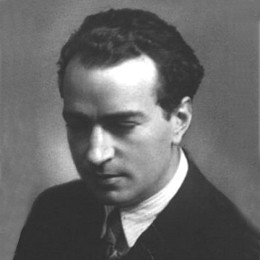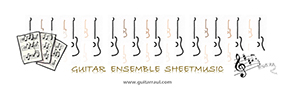
The neoclassical movement in France influenced Spanish composers whose classical musical culture had been exhausted and overplayed. The Spanish composers of the early Twentieth Century were looking for new and fresh ideas to include in their musical works. Although some Spanish composers had great success composing in late Romantic and impressionist styles, French neoclassicism was the new concept they needed in order to transform their compositions from having only local significance into works which would have an artistic impact outside of Spain. Joaquín Rodrigo was influenced by this new trend, and, in turn, created his own style of Spanish neoclassicism known as neocasticismo.
Apart from composition, Rodrigo was also interested in musicology, which he studied while in Paris in the mid 1930s. He presented these interests through various media. As a musicologist, he wrote a paper about the vihuela and vihuelist composers of the Sixteenth Century, which he presented in 1936 at an event celebrating the works of the sixteenth-century Spanish composer Luis de Milán. In his music, Rodrigo incorporated in his guitar works the forms and compositional techniques commonly found in Renaissance, Baroque, and Classical music. Moreover, he quoted several works by prominent sixteenth- and seventeenth-century composers.
This thesis illustrates how Joaquín Rodrigo’s interest in musicology influenced what and how he composed for guitar, and demonstrates how Rodrigo contributed to Spanish musicology by revealing the importance of sixteenth-century vihuelist composers. The paper Rodrigo wrote is transcribed in its original Spanish along with an English translation, followed by a brief analysis of the paper. This thesis also elucidates the importance of Rodrigo’s guitar compositions within a musicological and historical context. Finally this research essentially shows how Rodrigo combined his musicological studies and interests along with his knowledge of composition to create guitar works that led him to worldwide fame and popularity. Analysis of three guitar concertos provides evidence of the use of musicological research as a tool, resource, and influence in these works.
Jose Antonio Donis
the musicologis behind the composer
http://diginole.lib.fsu.edu/





